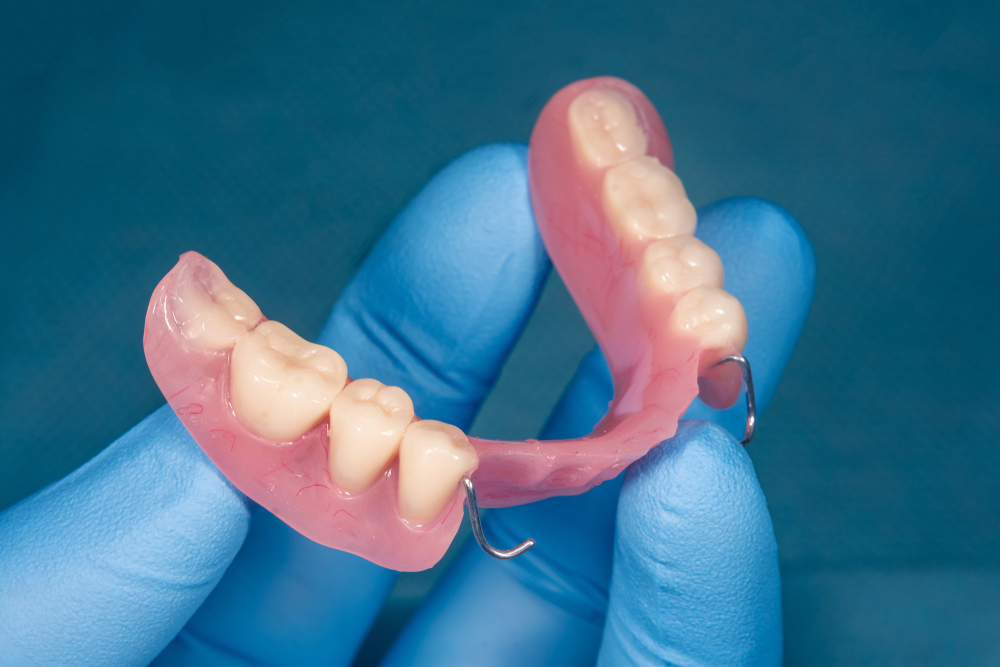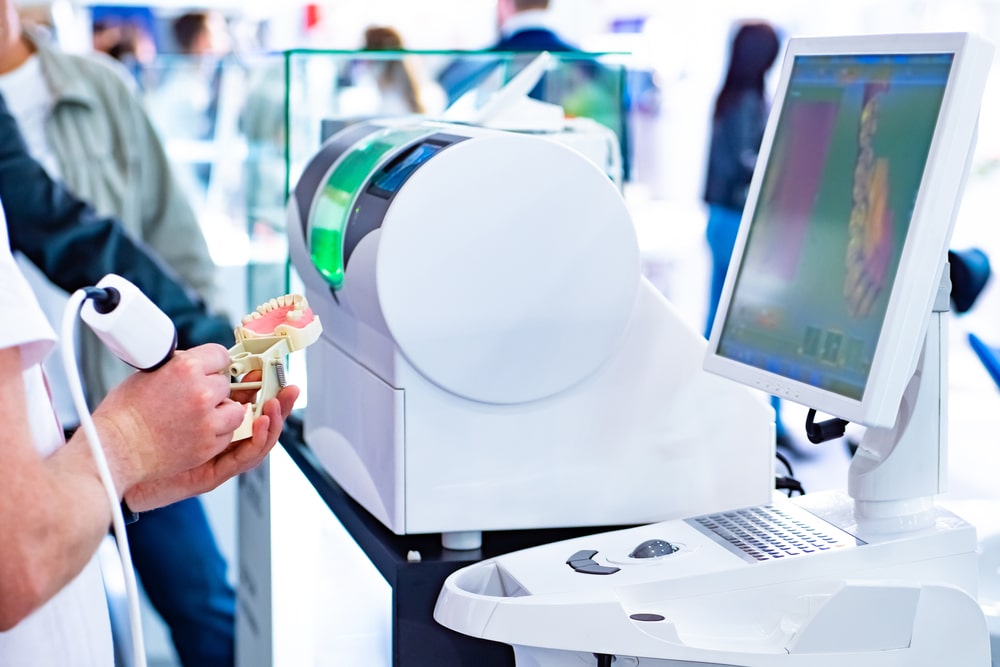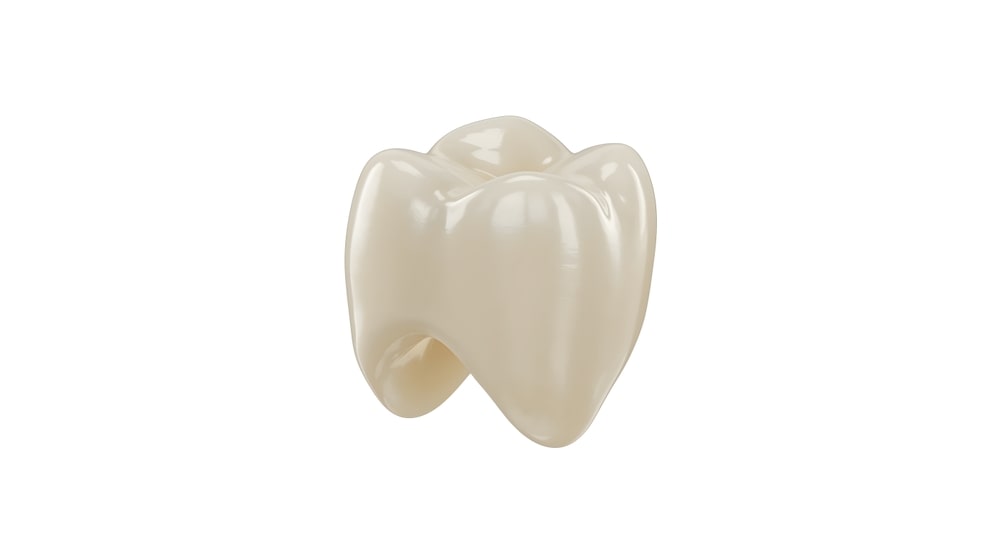Complete tooth loss, or edentulism, can significantly impact a person’s ability to eat, speak, and maintain a confident smile. Fortunately, advancements in removable prosthetics have provided edentulous patients with effective solutions to restore oral function and aesthetics. Dental labs play a crucial role in crafting high-quality prosthetics that enhance patients’ comfort and quality of life. This blog explores the various removable prosthetic options available for edentulous patients and the fabrication process behind them.
Types of Removable Prosthetics for Edentulous Patients
Complete Dentures
Complete dentures are a traditional yet effective solution for patients missing all their teeth in one or both arches. These prosthetics consist of an acrylic base designed to resemble natural gum tissue, supporting a set of artificial teeth.
- Conventional vs. Immediate Dentures: Conventional dentures are fabricated after the healing period following tooth extraction, ensuring a precise fit. Immediate dentures, on the other hand, are created in advance and placed immediately after extraction but may require adjustments as the gums heal.
- Material Options: Modern complete dentures are often made from acrylic resins and composite materials to provide durability, comfort, and a natural appearance.
- Importance of Fit: A well-fitting denture prevents slipping, enhances speech clarity, and improves chewing efficiency.
Implant-Supported Overdentures
For enhanced stability and function, implant-supported overdentures offer a superior alternative to traditional dentures. These prosthetics attach to dental implants surgically placed in the jawbone, reducing movement and providing a secure fit.
- Benefits of Implant-Retained Dentures: Increased comfort, improved chewing ability, and reduced bone resorption due to implant stimulation.
- Common Designs: Ball attachments and bar-retained overdentures offer different levels of retention and stability.
- Customization: Dental labs create customized overdentures tailored to the patient’s unique oral structure, ensuring an optimal fit and natural aesthetics.
Flexible Dentures
Flexible dentures are a comfortable and aesthetically pleasing option for patients seeking an alternative to rigid acrylic dentures.
- Materials Used: Typically made from nylon-based materials like Valplast®, flexible dentures provide a lightweight and durable option.
- Advantages: They offer improved comfort, resistance to breakage, and a more natural gum-like appearance.
- Ideal Candidates: While commonly used for partial dentures, flexible options may be suitable for some edentulous patients seeking greater adaptability.
The Fabrication Process in the Dental Lab
Dental labs play an essential role in ensuring the precision and functionality of removable prosthetics. The fabrication process involves several meticulous steps to achieve the perfect fit.
1. Initial Impressions and Digital Scanning
- Accurate impressions are critical for a well-fitting denture. Dentists capture the patient’s oral anatomy using traditional impression materials or digital scanning technology.
- Digital workflows improve precision and reduce the number of adjustments needed.
2. Model Creation and Prosthetic Design
- A wax try-in phase allows the patient to preview the prosthetic and make necessary modifications before final fabrication.
- Dental labs carefully design each prosthetic, considering tooth shape, shade, and gum aesthetics for a natural look.
3. Processing and Final Fabrication
- Modern techniques such as injection molding, CAD/CAM technology, and 3D printing enhance the durability and accuracy of dentures.
- Labs perform stringent quality control checks to ensure comfort and longevity.
4. Finishing and Polishing
- A smooth surface finish is essential to prevent irritation and enhance comfort.
- Final adjustments are made before the prosthetic is delivered to the dentist for fitting.
Benefits of High-Quality Removable Prosthetics
Well-crafted removable prosthetics offer multiple advantages, including:
- Restoration of oral function: Improves chewing efficiency, speech, and overall dental health.
- Aesthetic enhancement: Restores facial structure and a natural smile.
- Prevention of bone resorption: Properly fitting dentures help maintain jawbone integrity.
- Longevity and durability: With proper care, removable prosthetics can last several years.
The Future of Removable Prosthetics
Advancements in dental technology continue to improve the quality and customization of removable prosthetics. Some promising innovations include:
- Digital dentures: CAD/CAM and 3D printing technologies enable faster production and improved precision.
- Smart materials: Innovations in biocompatible materials enhance comfort and durability.
- Bioengineered solutions: Future prosthetics may incorporate tissue engineering techniques to better integrate with oral structures.
Conclusion
For edentulous patients, removable prosthetics provide a life-changing solution, restoring both function and confidence. Dental labs play an indispensable role in crafting high-quality, custom-made dentures that ensure patient satisfaction. With continuous advancements in dental technology, the future of removable prosthetics promises even greater comfort, durability, and aesthetic appeal. If you’re considering removable prosthetics, consult with a dental professional to explore the best options for your needs.




